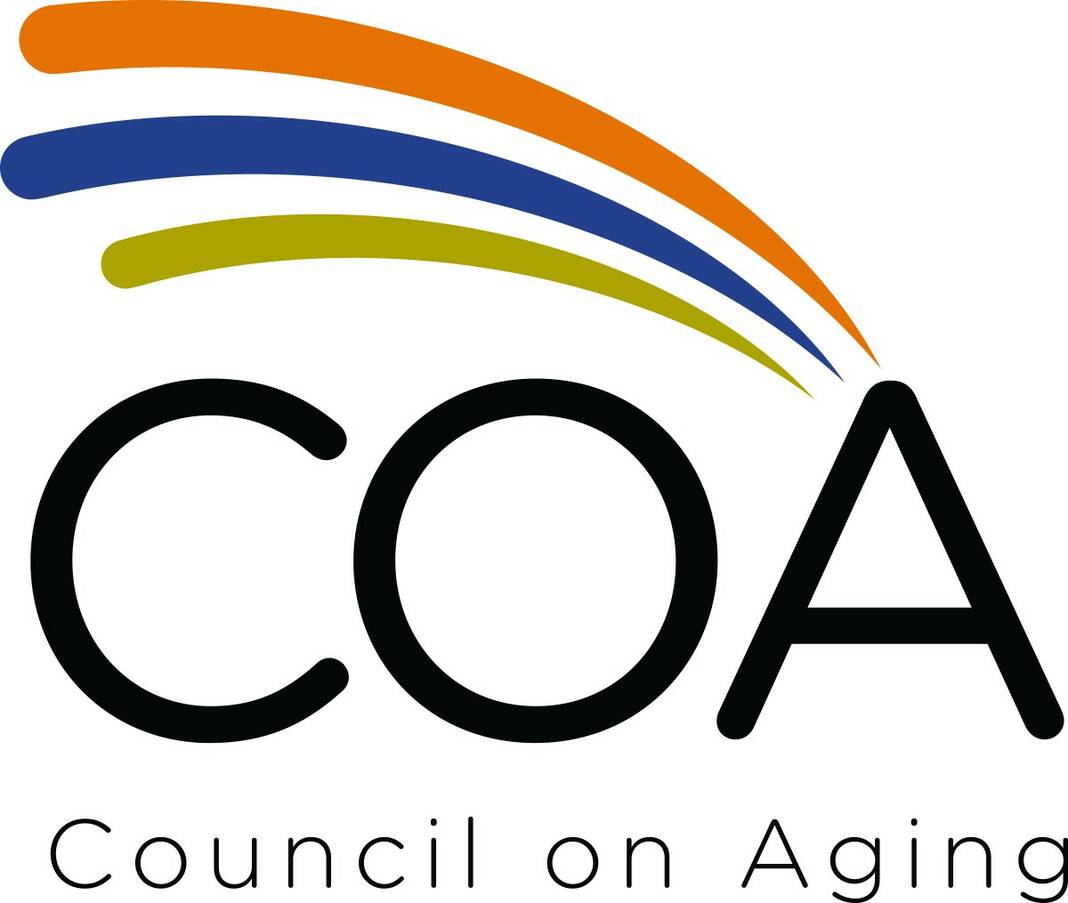
WILMINGTON – Council on Aging (COA) received a $1.25 million grant through the U.S. Department of Housing and Urban Development’s (HUD) Older Adults Home Modification Program to provide home repairs and modifications that will enable low-income older adults in the county to remain in their homes.
The HUD Older Adults Home Modification Program aims to reduce older adults’ risk of falling, improve general safety, increase accessibility, and improve functional abilities in the home, according to a press release.
“Our goal is to help older adults remain in their homes for as long as possible,” said Council on Aging CEO Suzanne Burke. “Making safety improvements or modifications to an older adult’s home is an important part of supporting their continued independence.”
Currently, minor home repairs and modifications are provided to eligible Clinton County older adults through the Clinton County Elderly Services Program, which is funded by a property tax levy in the county. COA administers this program via a contract with commissioners in the county and holds competitive contracts with local businesses and organizations to deliver services to older adults enrolled in the program.
In 2022, 600 Clinton County older adults were enrolled in the program, 60 of whom received minor home repairs and modifications at a cost to the levy of nearly $98,000.
“Home repairs and modifications can be expensive,” Burke said. “We’re fortunate to have the Elderly Services Program in Clinton County, but it only scratches the surface in terms of meeting this particular need. The HUD grant provides a dedicated stream of funding for home repairs and modifications, saving money for the county and its taxpayers, and ultimately helping us serve many more Clinton County older adults.”
Council on Aging received notice of the award on April 26 and is one of 14 national grant recipients. In accordance with HUD guidelines, COA is in the process of developing program rules and eligibility guidelines to distribute the funds in the county. Eligibility criteria will likely include a combination of age, income, risk assessments (both personal and structural) and home accessibility.
Enrollment in the Elderly Services Program will not be one of the eligibility requirements for this program (it will be open to all county residents who meet the eligibility criteria). Enhancements provided through the grant may include grab bars, hand/safety rails and adaptive equipment. COA’s overall goal is to support or improve an older adult’s ability to age in place and expects to be able to serve at least 160 individuals through this grant over a 36-month period.
COA focused on Clinton County when applying for the grant for a number of reasons:
• As a rural county, it fits the requirements set forth by HUD for funding.
• More than 10,000 homes were built pre-1980 and are expected to need significant repairs. It is estimated that nearly half of these homes are occupied by older adults with income at or less than 80 percent of the area median household income (80 percent = $43,746).
• The county’s existing senior services levy is not able to meet the need for home repairs and safety modifications.
Council on Aging expects to release additional information about how the grant will be distributed, including eligibility requirements, later this year.
About Council on Aging
Council on Aging of Southwestern Ohio (COA) is a nonprofit organization dedicated to enhancing quality of life for older adults, people with disabilities, their families and caregivers. COA promotes choice, independence, dignity and well-being through a range of services that help people remain independent for as long as possible.

